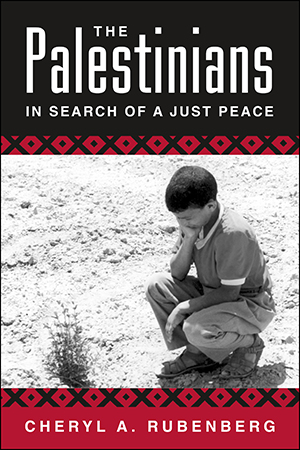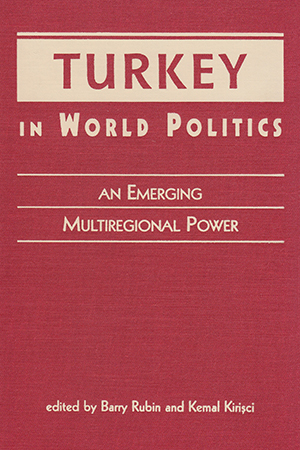BOOKS
How has the World Food Programme come to be so well-regarded—even in the US—despite being part of the much-maligned UN system? What are the political and institutional conditions More >
Axiom Business Book Award Winner! Susan Rae Ross provides essential tools and frameworks—illustrated by a selection of useful case studies—to support NGO managers in More >
Choice Outstanding Academic Book! From artificial intelligence and autonomous vehicles to human augmentation … robots are increasingly being used by the military. For what More >
Is Nigeria, with its vast wealth in both human and natural resources, on the path to realizing its enormous potential? Or is it in danger of becoming a failed state? Crafting the New Nigeria More >
Reflecting the debate between state-centered and human-security approaches to security strategy, Africa-US Relations explores the interactions between the US and African countries in a wide More >
Nothing ever happens to Etienne. Born into a provincial French family, he grows up in the shadow of his ambitious successful brother. His personality passive, his life uneventful, he is More >
Cheryl Rubenberg's richly textured analysis provides a case study of the multifaceted and deleterious effects of patriarchy among Palestinians living in the rural villages and refugee More >
More than ten years after the Oslo Accords were heralded as the first step toward the resolution of a century of conflict, the Palestinians seem further from realizing their aspirations for More >
ForeWord Magazine's Reference Book of the Year! The three-volume Encyclopedia of the Israeli-Palestinian Conflict is the first authoritative reference source to provide comprehensive, More >
Once characterized by an avoidance of foreign entanglements, Turkey's diplomacy has changed dramatically in the present era of regional agreements and organizations. Tracing the More >



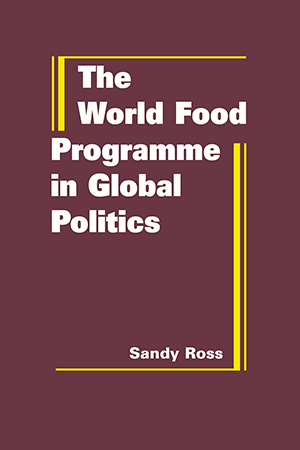
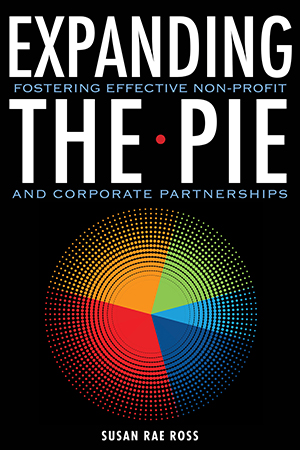

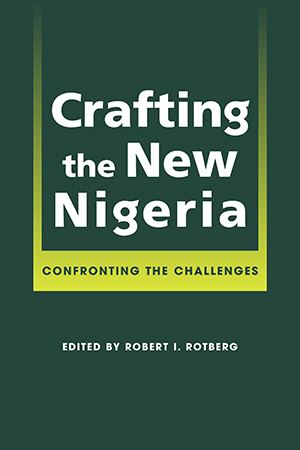
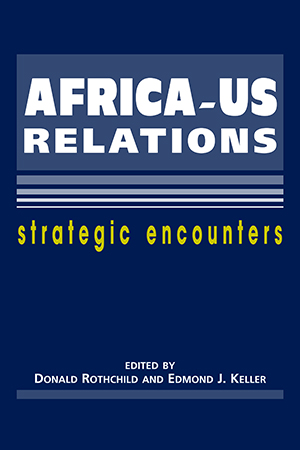
![The Distant Friend [a novel]](/uploads/67097a7a6f46c.jpg)

